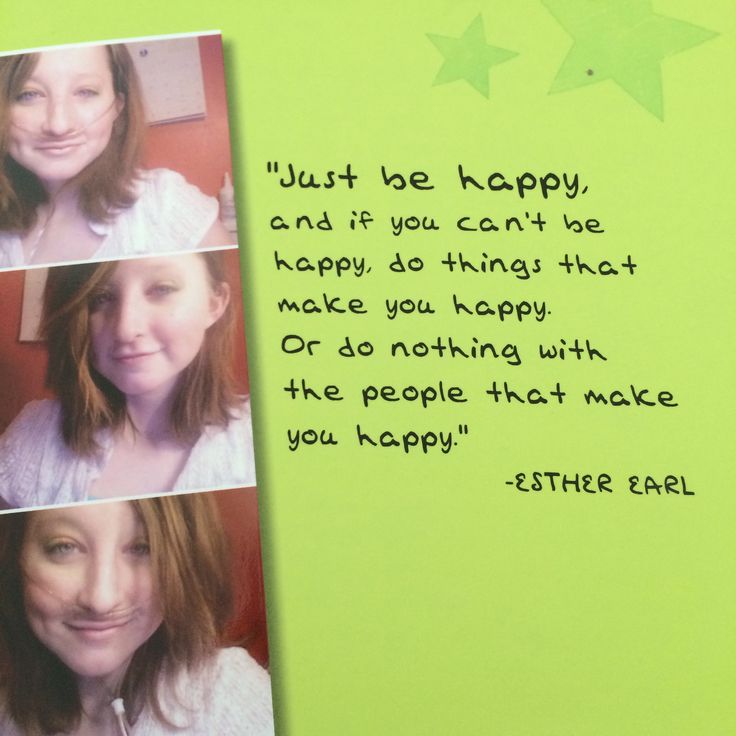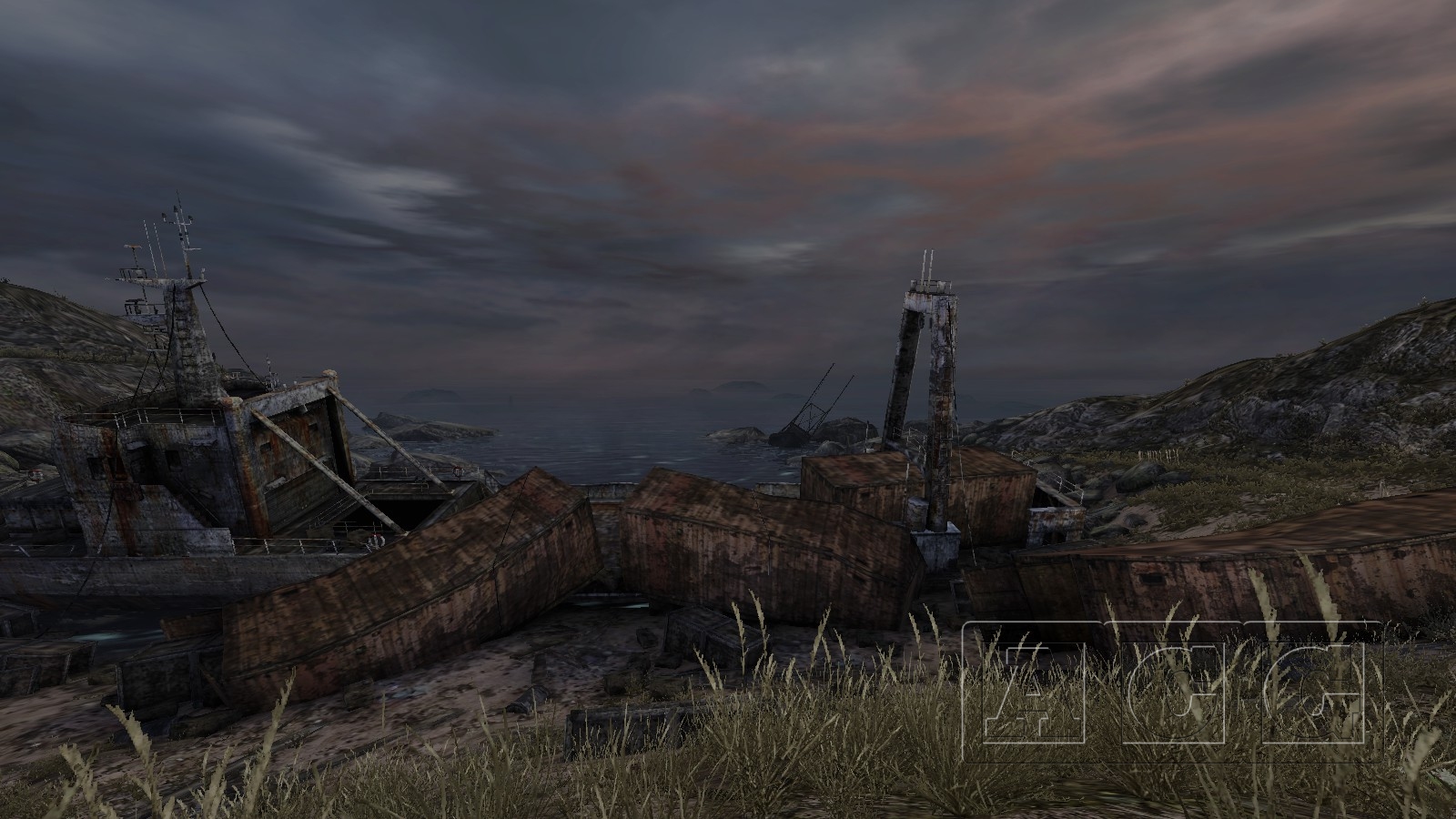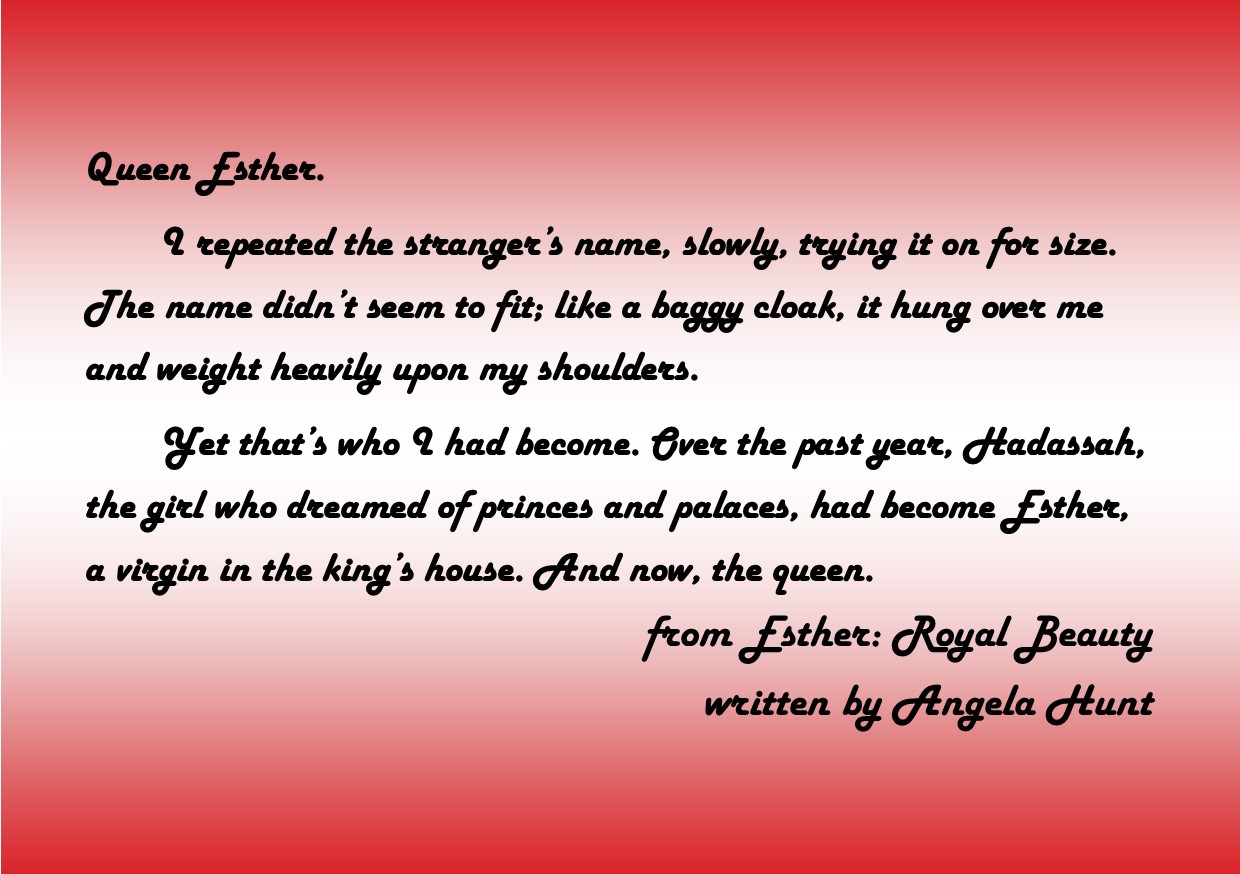


She presents a Saturday night show for ClassicFM about video game music, High Score, which is the most popular show on catch-up in the station’s history. They’re in the middle of planning the next game and the studios’ future, but more on that later. She’s also been working on the score for So Let Us Melt: The Chinese Room’s new game, it is a fairytale spanning 10 million years, and was released in September 2017 on Daydream VR. She’s a bloody busy woman: overseeing the last tour dates this week in Bristol (tonight) and Brighton (tomorrow). “I’ve heard it said”, he recounts with cold intensity, “that human ashes make great fertiliser, that we could sow a great forest from all that is left of your hips and ribcage, with enough left over to thicken the air and repopulate the bay.”Ĭurry and I speak over the phone, me in Liverpool and her in Brighton, after months on the road with Dear Esther Live. Time blurs, blood-ties are revealed, and the audience is left reeling by the narrator’s anguish. For the men, the island is a ‘Road to Damascus’ each experience a turning point in their lives from which they cannot turn away. Its characters are brought to life through the grieving narrator’s one-way conversation with ghosts writing letters to the departed Esther, with reference to two other occupants of the island, 18th century historian Donnelly and shepherd Jakobson. What’s fantastic about the whole Dear Esther Live experience is how emotionally affecting it is pushing the ambition of gaming to its very limits with a complex and layered plot – part mystery, part tragedy, part memoir – cinematic score, and state-of-the-art digital artwork. So in theory, it becomes a different show every night. We see the gamer play in front of a huge screen, but we don’t see the invisible ‘trip wires’ all over the island, which secretly inform the performers which segment to play out. The live show radically combines piano quintet, soprano, actor and gamer, who sit together on stage performing their own parts. And that’s what I was really interested in doing with Dear Esther.” One of the things that I’ve always loved about theatre or film or opera or ballet is experiencing quite vulnerable, visceral, emotional things with complete strangers. “If it’s not just you, you’re with people you know.

“Gaming is normally done at home, in your living room”, says its co-creator, BAFTA-winning composer Jessica Curry. “One of the things that I’ve always loved about theatre or film or opera or ballet is experiencing quite emotional things with complete strangers” 10 years on, its makers The Chinese Room have very sensibly transformed it into a genre-busting stage show: immersing the audience in the exquisite, terribly melancholy graphics, music and storytelling that brought it fame. Starting out in 2007 as a first-person free-to-play and officially released in 2012, it sent the gaming community into a frenzy winning Best Audio at the TIGA’s, a GANG award and was nominated for a Best Audio BAFTA. This is Dear Esther: a beautifully realised videogame, and an enthralling story of love and grief. Strange markings and words – possibly biblical quotes – have been daubed on cliff walls by the narrator, or some other poor soul, we don’t know. We head down deep into caves, illuminated by phosphorescence. The narrator writes letters to Esther: telling her (and us) about the history of the desolate island, his injuries, his guilt and fear (of what is yet to be revealed). The view pans over a wind-swept Hebridean island, pitted with purple wild flowers and lashed by the sea. “I have lost track of how long I have been here… I remembered nothing but water, stones in my belly and my shoes threatening to drag me under to where only the most listless of creatures swim.” “Dear Esther”, writes the dying narrator.

She writes scores for PlayStation and the poet laureate, studied English Literature at university, and has brought gaming to the theatre with electrifying results: BAFTA-winning composer and Dear Esther creator Jessica Curry speaks to Laura Robertson about her experimental body of work thus far… “I kind of like the idea of being an outsider…” The Big Interview: Jessica Curry


 0 kommentar(er)
0 kommentar(er)
